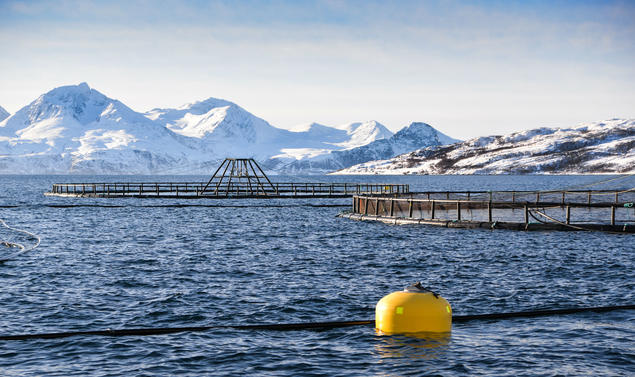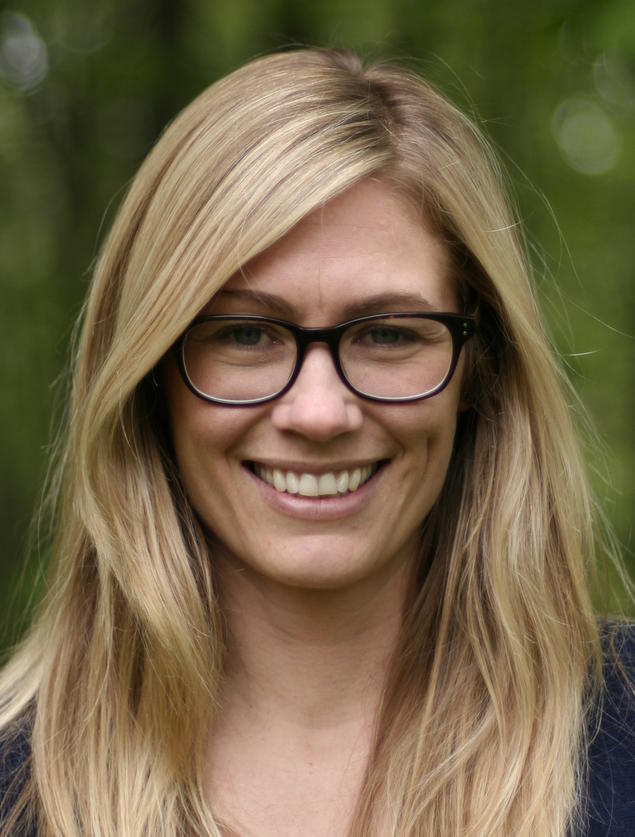Sustainable salmon farming? A closer look at Norway's aquaculture industry

A new FNI-led research project will examine innovation and sustainability in Norway’s booming aquaculture industry. Is the ‘traffic light’ system for regulation adequate for dealing with the significant environmental challenges facing this sector?
 The project, to be led by FNI Senior Researcher Irja Vormedal, has been recognized as a ‘top notch’ research project (Toppforsk), the Research Council of Norway (NRC) announced on 7 December.
The project, to be led by FNI Senior Researcher Irja Vormedal, has been recognized as a ‘top notch’ research project (Toppforsk), the Research Council of Norway (NRC) announced on 7 December.
Toppforsk is a targeted initiative for providing ‘substantial, long-term funding to research groups that have the potential to become international leaders in their field’, according to Norwegian Prime Minister Erna Solberg. This is the first time such a grant has been awarded to social science research within the Aquaculture Programme.
Research on societal issues is important for sustainable development and growth in the aquaculture industry’, explains NRC Deputy Director, Christina Abildgaard. ‘This year's open competition for project funding under the programme has shown that there are several research institutions doing well in this field. It is particularly heartening to see that a younger top researcher won the bid, in stiff competition with more established scholars’, she adds.
Related reading: Prestigious scholarship awarded to young research talent
Green light
The project, ‘A Green Light for Aquaculture? Sustainable Innovation and Growth in Norway’, examines whether environmental policies and regulations in the Norwegian aquaculture industry have served to foster innovation and more sustainable production. An important backdrop to the project is Norway’s introduction of a ‘traffic light’ system for regulating production growth in the industry, and related environmental problems. This system, which employs a colour coding scheme – green, yellow and red – to identify regions where expansion can take place, has been widely debated and criticized since its entry into force in 2017.
Key questions to be addressed in the new research project will be:
- How and to what extent do the new regulations promote innovation and lead to more environmentally sustainable salmon farming?
- How can variation in sustainability between different production areas best be explained?
- What lessons can be learned from the new regulatory system, and how can it be improved?
Heated arguments
The overall objective is to provide updated information and insights to public authorities and private actors about the societal, environmental and economic effects of the instruments that govern Norwegian aquaculture. Further, the project partners aspire to make positive contributions to the public debate by bringing in research-based knowledge to a sector which is of great importance to Norway, but which has also been characterized by heated arguments and land-use conflicts.
The project, set to start in 2019, will run until 2023. Collaborating partners are the Nofima research group, Oslo Metropolitan University and the National Research Institute of Science and Technology for Environment and Agriculture (IRSTEA) of the University of Bordeaux, France.
